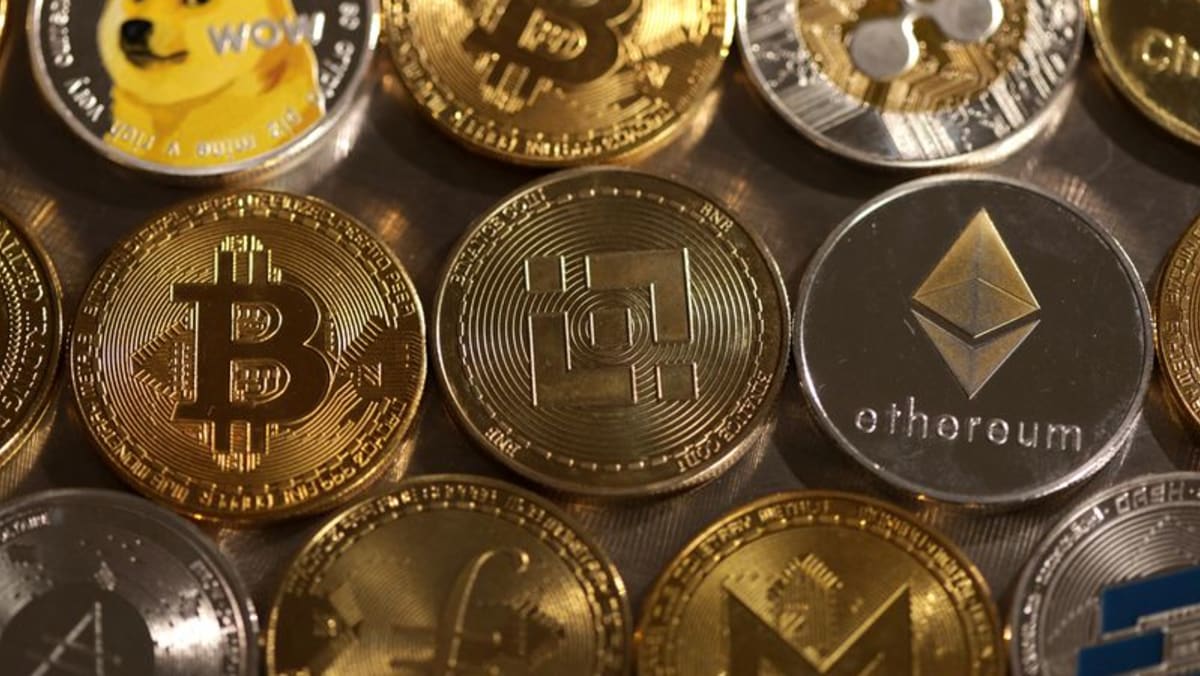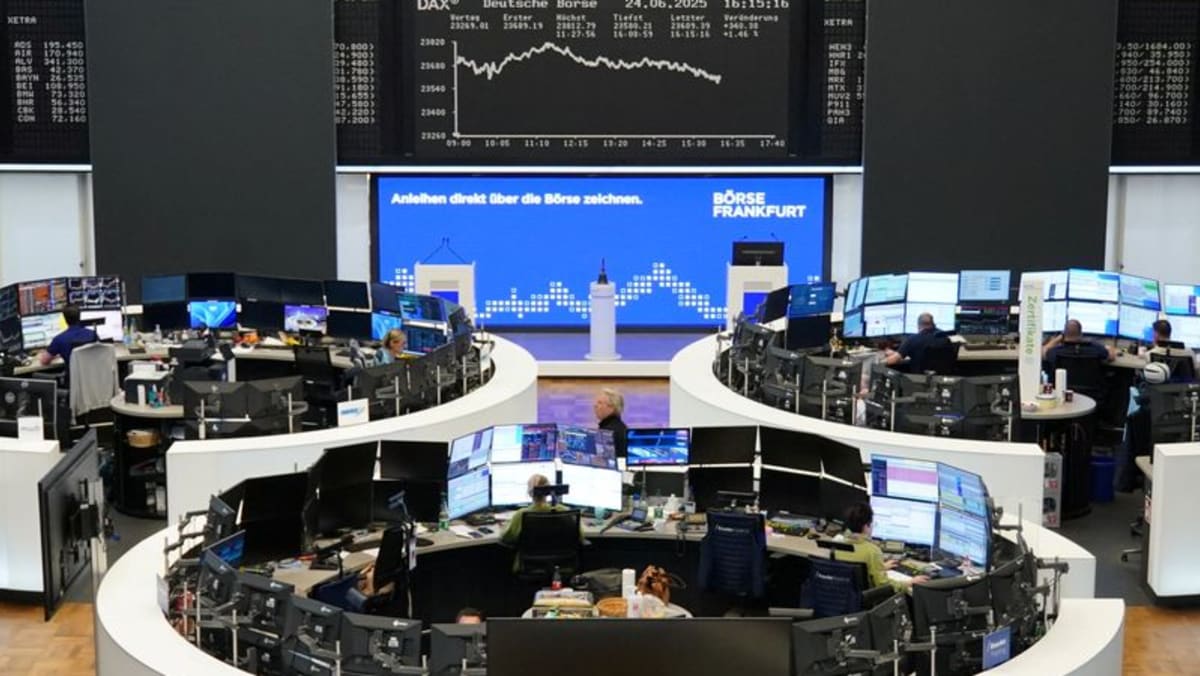TOKYO/LONDON :Global shares dipped and the dollar traded near multi-year lows on Tuesday, having wrapped up its worst first-half performance since the 1970s, ahead of a vote over U.S. President Donald Trump’s landmark tax-cut and spending legislation.
Global share markets rallied to an intraday record the previous day, thanks to optimism over trade. But a marathon debate in the Senate over Trump’s bill – estimated to add $3.3 trillion to the United States’ debt pile – weighed on sentiment.
European shares, which ended June with a roughly 6.5 per cent year-to-date gain, were down 0.4 per cent on the day.
A vote on the sweeping tax-cut and spending bill had been expected during the Asian trading day on Tuesday, but debate raged on over a long series of amendments by Republicans and the minority Democrats.
Trump wants the bill passed before the July 4 Independence Day holiday. As global trade negotiators scramble to get deals done before Trump’s tariff deadlines, investors are also anticipating key U.S. labour market data on Thursday.
“Trade is front and centre this week, but alongside that, we’ve obviously got the fate of the ‘One Big Beautiful Bill’, which is currently being debated in the Senate,” said Ray Attrill, head of FX strategy at the National Australia Bank.
Payrolls data later in the week “does have significant bearing, I think, on sentiment towards the potential timing of Fed rate cuts”, he added on NAB’s The Morning Call podcast.
POLITICAL DRAMA
Futures on the S&P 500 and Nasdaq dipped 0.2 per cent, suggesting a modest pullback at the start of trade later. Shares in electric vehicle maker Tesla fell around 5 per cent in pre-market trading after Trump suggested the government efficiency department should review the subsidies given to the companies of CEO Elon Musk.
Musk has criticised Trump’s budget bill and exchanges on social media between the two descended into increasingly personal attacks in early June.
“With delivery numbers coming soon and Tesla’s core auto business facing tough competition, this political drama could reignite the bear narrative just as shares were starting to recover,” said Matt Britzman, senior equity analyst at Hargreaves Lansdown.
Tesla, while still ranking among the 10 most valuable companies on Wall Street, has lost around a third of its value since hitting a record high in December.
Meanwhile, fellow heavyweight Nvidia is on the verge of becoming the most valuable company in history, as it edges towards a $4 trillion market capitalisation. The chipmaker’s shares were down a touch in pre-market trading.
On the macro front on Tuesday, fresh readings from the Bank of Japan’s tankan index of business sentiment and a Chinese gauge of factory activity indicated the biggest economies in the region were probably weathering the tariff storm for now.
Japan’s manufacturing activity also bounced to growth for the first time in more than a year, but significant weakness in demand underlined the challenging trade outlook for Asia’s export-reliant economies.
The dollar weakened against the Japanese currency, dropping 0.8 per cent to 143 yen and was little changed against the euro at $1.18, around its weakest since September 2021.
The U.S. currency lost more than 10 per cent in value against a basket of six others in the first six months of this year, marking its worst such performance in at least 50 years.
Brent crude futures reversed an earlier decline, driven by expectations of an OPEC+ output hike in August, to rise 0.7 per cent on the day to $67.22 a barrel. Spot gold rose nearly 1.5 per cent to $3,352 an ounce.
(Additional reporting by Rocky Swift in Tokyo; Editing by Kate Mayberry and Alex Richardson)













